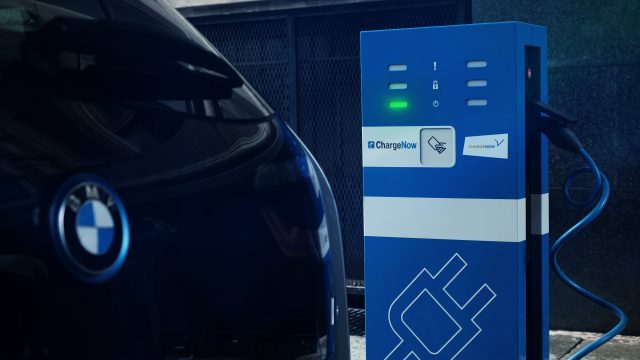BMW CEO Oliver Zipse has said that European Commission’s target to ban the sale of internal combustion engined cars by 2035 is ‘no longer realistic’ and will lead to a ‘massive shrinking’ of the European automotive industry.
Speaking at the Paris Automotive Summit at the city’s Motor Show this week, Zipse said the forthcoming ban on the sale of non-zero emission cars – agreed in 2023 by the states of the European Union without significant industry consultation – left a mood among carmakers and consumers ‘trending towards one of pessimism’.
Zipse said: ‘A correction of the 100% battery electric vehicle target for 2035 as part of a comprehensive CO2-reduction package would afford European manufacturers less reliance on China for batteries.
‘To maintain the successful course, a strictly technology-agnostic path within the policy framework is essential.’
Zipse’s intervention has raised eyebrows in the industry, as BMW has long been an innovator in the fields of alternative propulsion, including battery electric and hydrogen fuel cell models.
His move comes after Renault boss Luca de Meo and Stellantis chief Carlos Tavares both called on the EU to relax the targets to help reduce Europe’s reliance on China for battery technology, with de Meo even saying it was time for Euope to ‘find a deal’ with China over battery supply.
From 2025, manufacturers across Europe and in the UK, will face large fines if they are not producing – and selling – enough zero emission vehicles.
These come on the back of revised rules on CO2 emissions standards, agreed by EU member states early last year, which were hailed at the time as ‘a major step forward for European climate policy’ to ‘provide the automotive industry with the needed planning certainty’, according to the European Commission.
Built into the legislation is a review in 2026, in which carmakers are expected to push for a stay of execution for hybrid models.
At present, from 2035, all new cars and vans registered in the EU would need to be zero emission.
































